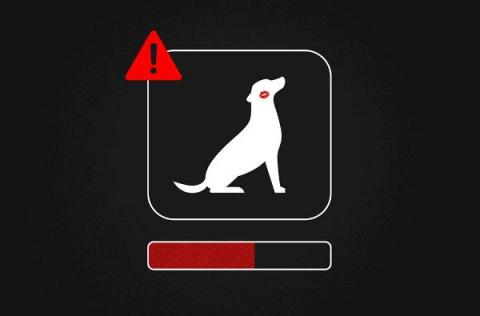Five Examples of Infection Methods Attackers Use to Spread Malicious Packages
Welcome to the second post in our series on Malicious Software Packages. This post focuses on the infection methods attackers use to spread malicious packages, and how the JFrog Security research team unveiled them.










